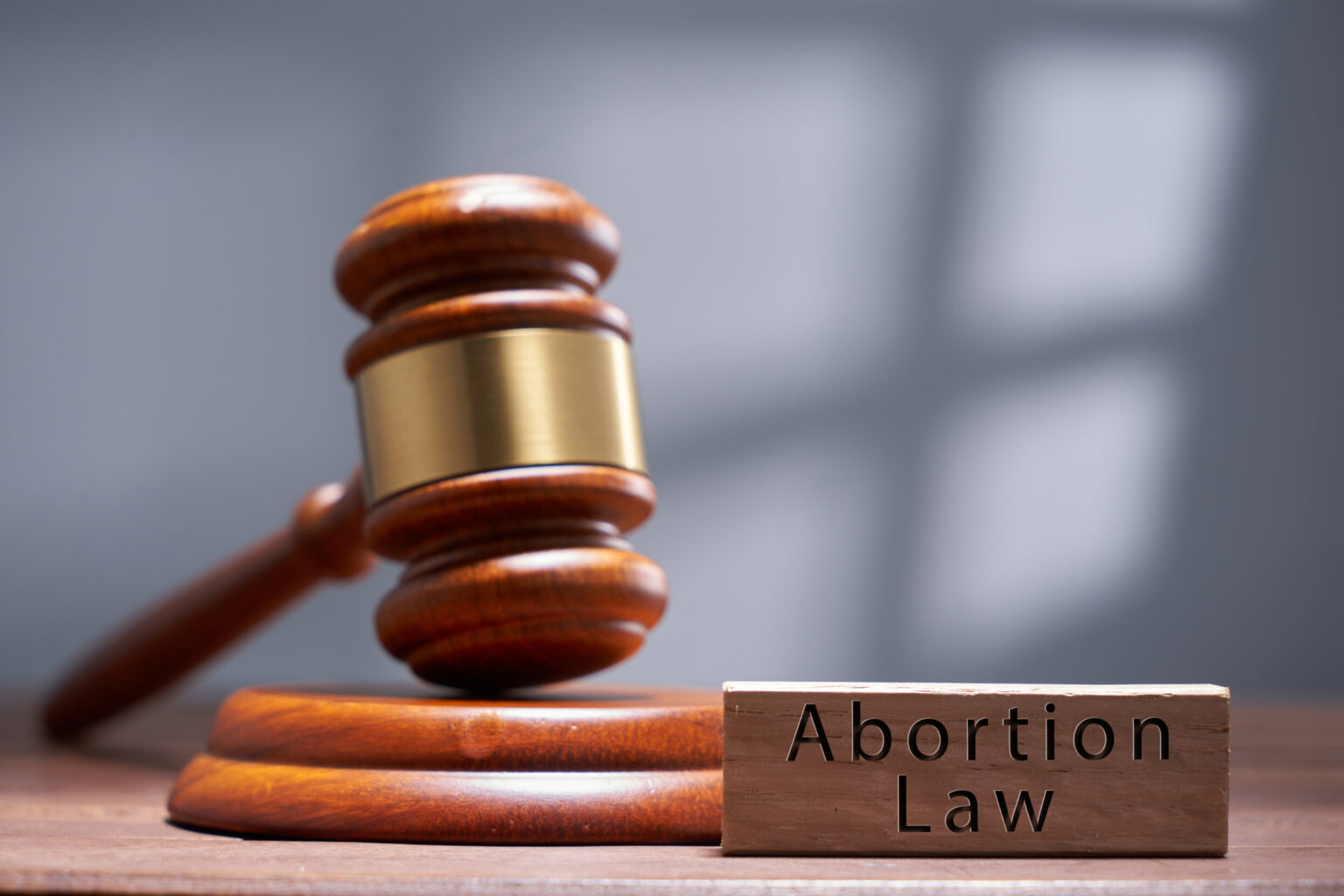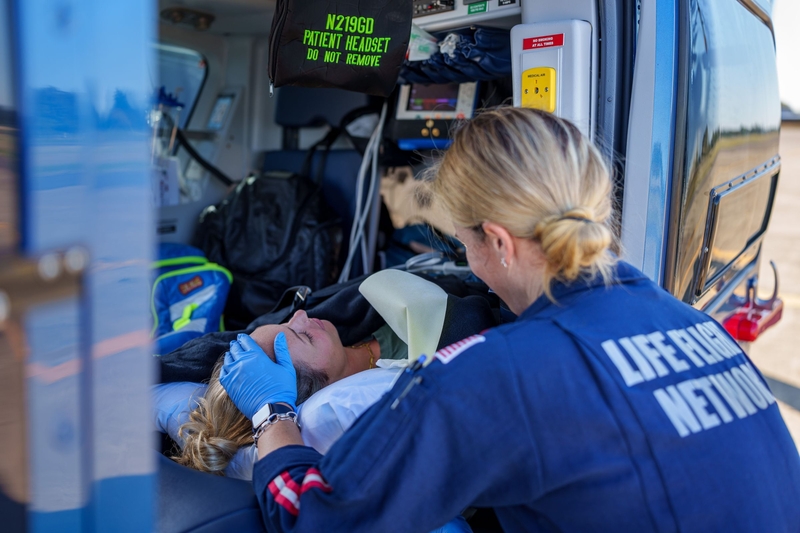Idaho’s abortion trafficking statute, which was passed during the 2023 legislative session and intended to punish an adult who assists a juvenile in obtaining drugs that may cause an abortion or seeking an abortion in another state, was largely upheld by a panel of federal justices on Monday.
U.S. Magistrate Judge Debora K. Grasham’s November 2023 ruling, which prevented the law’s enforcement after Idaho lawyer Lourdes Matsumoto and two advocacy groups, the Northwest Abortion Access Fund and the Indigenous Idaho Alliance, sued the state, is overturned by the Ninth Circuit Court of Appeals. The plaintiffs claimed that the law was too ambiguous to be constitutional and that it restricted their freedom of speech, freedom of association, and freedom of movement.
With the exception of rape and incest victims who are no more than 12 weeks pregnant and who can produce a police report attesting to the crime, Idaho has an almost complete ban on abortions at any point during pregnancy. Montana, Oregon, and Washington are among the states that border it and allow abortion. While Oregon requires parental consent for girls under the age of 14, Washington permits minors to have abortions without parental consent.
The lawsuit’s first named plaintiff was Matsumoto, a lawyer who helps victims of sexual and domestic abuse in southern Idaho, including children. According to a recent article in the Idaho Capital Sun, Matsumoto said she now feels constrained in the advice she can offer her clients, which include victims of sexual violence who become pregnant.
The judges of the Ninth Circuit ruled that the law does not infringe upon the First Amendment rights of the advocacy groups who brought the case and is not too ambiguous to be enforced.
On one point, though, they did support Grasham’s block. Because it forbids a significant portion of protected expressive speech, the panel determined that the law’s provision banning recruiting in order to procure an abortion is unconstitutional and excessively broad. However, the court upholds the other parts of the legislation that prohibit people from harboring or transporting minors for the purpose of an abortion.
Judge Carlos Bea was one panelist who partially dissented. Because the plaintiffs only sued the state attorney general, who can only enforce the law if one or more county prosecutors decline to do so—and none have—he determined that the plaintiffs lacked the necessary standing to file the lawsuit. Bea declared that he will dismiss the case and completely overturn the district court’s injunction.
In a press statement, Idaho Attorney General Ral Labrador declared, “This is a huge victory for Idaho and defending the rule of law as written by the people’s representatives.” Laws in Idaho were enacted expressly to safeguard both the mother’s and the unborn child’s lives. Both parties are seriously endangered when a minor kid is trafficked for an abortion without the agreement of the parents, and we in Idaho will not cease defending life.
The plaintiffs’ Idaho lawyer, Wendy Olson, was not immediately available for comment.
In summary, what is the abortion trafficking law in Idaho?
The first law of its kind in the country, House Bill 242, created the felony of abortion trafficking. A similar bill was enacted by the Tennessee Legislature after it was passed, but a judge there has stopped its implementation for the time being.
According to the law, an adult who recruits, harbors, or transports a pregnant minor within this state with the intention of hiding an abortion from the minor’s parents or guardian, or who obtains an abortion or an abortion-inducing drug for the minor to use for an abortion, is guilty of abortion trafficking.
Those found guilty of trafficking in abortions might spend two to five years behind bars.
This story was written by Kelcie Moseley-Morris, a reproductive rights reporter for the States Newsroom.
Note: Every piece of content is rigorously reviewed by our team of experienced writers and editors to ensure its accuracy. Our writers use credible sources and adhere to strict fact-checking protocols to verify all claims and data before publication. If an error is identified, we promptly correct it and strive for transparency in all updates, feel free to reach out to us via email. We appreciate your trust and support!
23-3787


